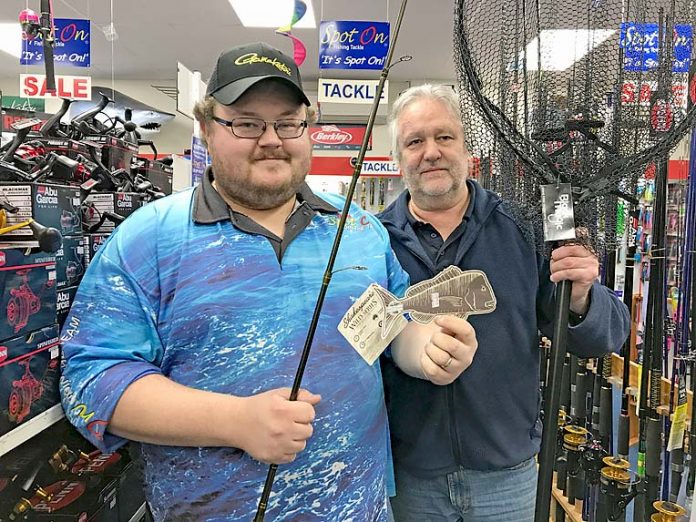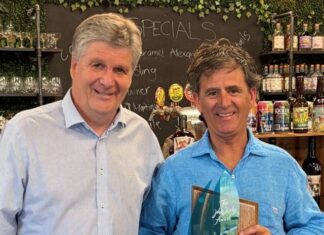
THE South East will be exempt from a total ban on snapper fishing with catches open to recreational, commercial and charter boat fishers under strict controls.
After public consultation, the State Government has implemented a total ban on snapper fishing for the Spencer Gulf, West Coast and Gulf St Vincent until January 2023.
Controlled snapper fishing will be permitted in the South East waters during the non-spawning period between February and October each year, as these stocks have been assessed as sustainable.
Primary Industries and Regional Development Minister Tim Whetstone said while fishing for snapper will continue to be allowed in South East waters, a full spawning season closure will apply from November 1 to January 31 each season.
Spot On’s Craig Philp said while the ban would “hurt some fishos that like catching snapper”, the diversity of fish available in the South East would prevent a widespread detrimental impact.
“It is a little surprising from a South East sense as we have a different gene pool of fish,” he said.
“Over the last couple of years we have had some fabulous snapper come through and the stocks have been great.
“I suppose it is the government’s way of being seen to make an effort to look after the fish stocks.
“At the end of the day, amateur and professional fishers are paying the price for the government’s management of fish stocks.
“Things should have been changed or looked at five or six years ago.
“Amateurs have pushed for more of a quota system with professionals for years as they were on a daily limit, but not a yearly limit.
“They have also been allowed to target spawning fish when they should not have been able to.”
Jamie Coates, who also works at the fishing tackle store, said the ban would have devastating effects on towns on the Yorke and Eyre peninsulas, many of which are reliant on snapper for tourism.
“This will have a huge impact on a lot of these small towns and will have flow on effects to supermarkets, bakeries and accommodation providers,” he said.
“There are a lot of people who travel to those areas just to catch snapper and now they cannot catch it, they just will not go.
“It is going to be devastating for some of those towns in that area.”
Mr Coates also raised concerns about the impact the ban would have on other species of fish.
“The snapper ban will shift the pressure off snapper but then put it onto fish such as whiting,” he said.
“The government needs to be careful it does not shift the problem and deplete other fish stocks.”
Member for Mount Gambier Troy Bell, who initially slammed the government’s proposal as a “ridiculous suggestion”, praised Minister Whetstone for listening to the concerns of South East fishermen.
He said he spoke to Minister Whetstone several times to lobby against the South East being included in any statewide ban.
“The South East is a unique environment and should be treated differently to other South Australian fishing waters,” he said.
“There are many days in the South East when the seas are too choppy and it’s dangerous to fish and it does not make sense to have our region involved when the science indicates we have sustainable stocks of snapper.”
The independent MP backed the Government’s support package, including commercial fishing licence fee relief, funding for additional snapper science, recreational fish restocking programs and a charter boat diversification support package.
He also supported the expansion of the spawning season closure.
“The risk going forward for our region is the potential for over-exploitation of snapper stocks and is something we need to be mindful of and ready to address,” Mr Bell said.








